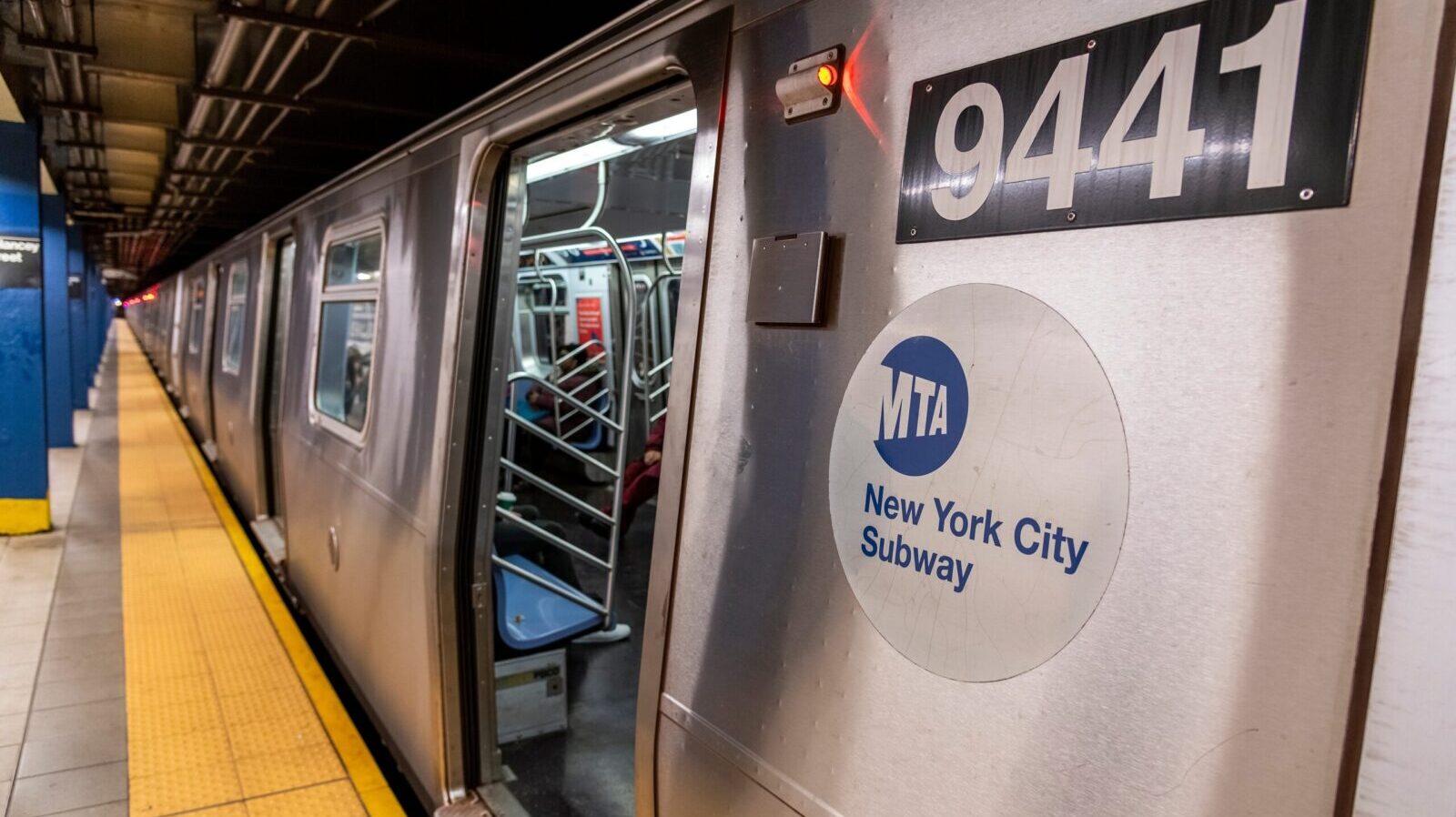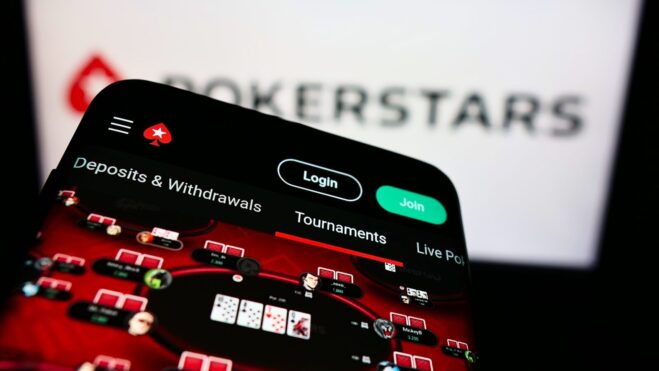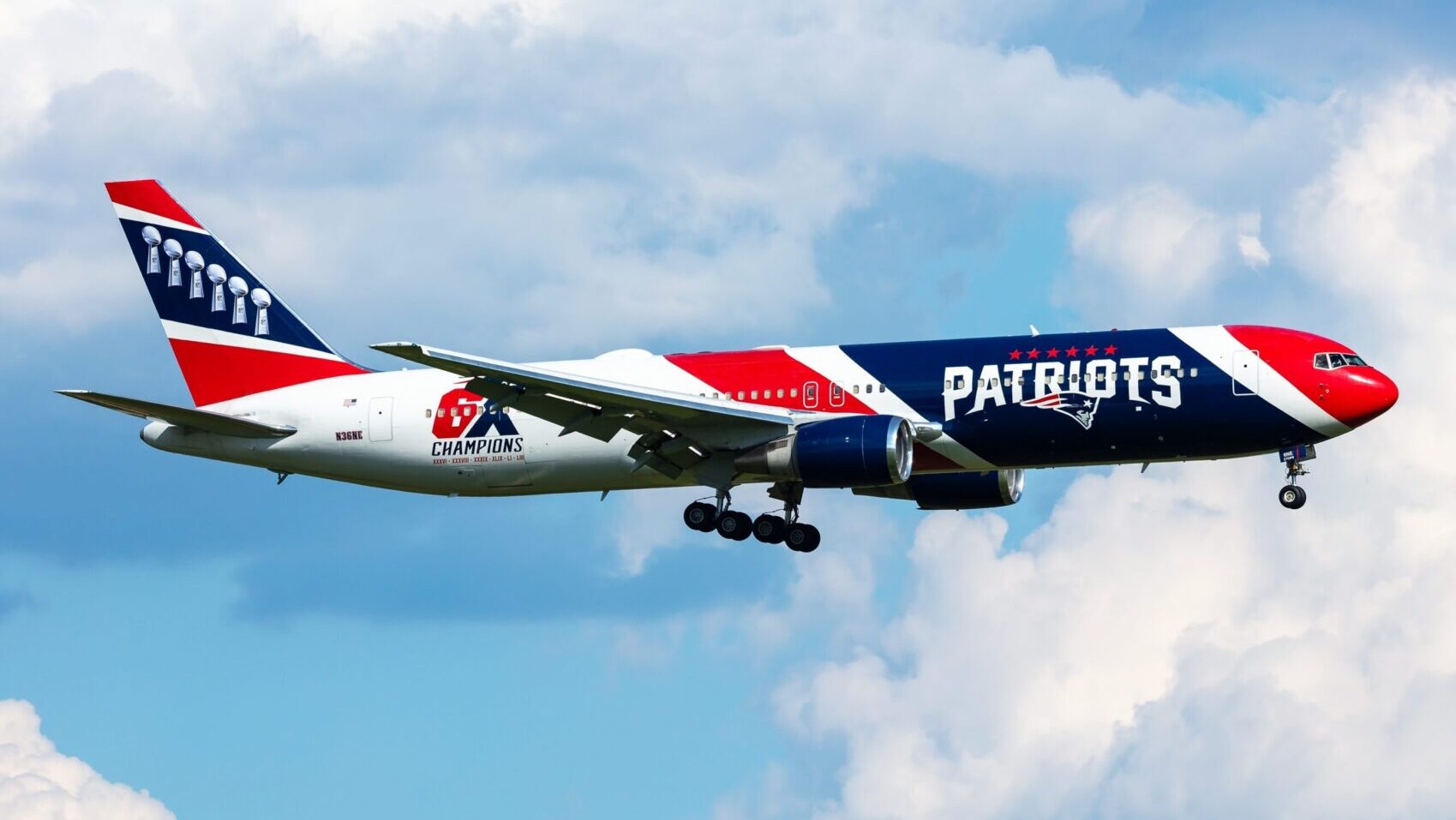New York Lawmakers Push For Casino Licenses To Plug MTA Funding Gap
Sen. Joseph Addabbo believes the state could see a windfall from the casino licenses potentially exceeding $3 billion.
2 min

New York state legislators are accelerating efforts to award three new casino licenses in the New York City area, emphasizing the angle that the casinos would generate revenue to offset the funding gap created by Gov. Kathy Hochul’s decision to delay a congestion pricing plan.
The language of the casino bill is meticulously crafted to expedite the licensing schedule. It lays out clear guidelines for bidders, emphasizing the importance of meeting the August deadline. This tight schedule is indicative of the state’s commitment to resolving the Metropolitan Transportation Authority’s (MTA) budgetary concerns swiftly. The bill also includes provisions to ensure that the licensing process is transparent and competitive, offering equal opportunities for all interested parties.
The revenue generated from the new casinos is earmarked for the MTA, providing a lifeline to an organization that is integral to the daily lives of millions of New Yorkers. The funds are expected to alleviate the financial strain on the MTA, enabling it to continue its operations without resorting to drastic measures such as service cuts or fare hikes.
The MTA was slated to receive a significant portion of the revenue generated by a proposed toll on vehicles entering Manhattan’s busiest areas during peak hours. However, that congestion pricing plan is now on hold, and lawmakers are looking to casino operators for billions of dollars in exchange for the coveted licenses.
MTA in dire straits
Even before the COVID-19 pandemic, the MTA wasn’t operating on a clean financial slate. There was an existing structural deficit, meaning expenses consistently outpaced revenue. This gap, estimated at around $750 million annually, stemmed from several factors, including high operating costs and a reliance on fare revenue.
The pandemic dealt a major blow to the MTA’s finances. Ridership plummeted as many transitioned to remote work or opted for alternative modes of transportation. This significant drop in fare revenue drastically exacerbated the existing deficit.
The federal government stepped in to provide some financial relief because of the issues. However, estimates suggest the MTA could face a recurring annual shortfall of up to $3 billion once that federal aid dries up.
Gov. Hochul recently decided to postpone the congestion pricing plan, which aimed to ease traffic congestion and raise funds for the MTA by introducing a new $15 toll.
The postponement has sparked considerable controversy among New Yorkers, with many expressing their support for a well-funded and efficient public transportation system. Others, however, expressed concerns about the potential impact of tolls on businesses and residents.
Gov. Hochul said she delayed the measure amid concerns about rising inflation in New York.
Casinos to the rescue?
State Sen. Joe Addabbo, one of New York’s biggest supporters of legalized gambling, believes the state could see a substantial financial windfall from the casino licenses, potentially exceeding $2.5 billion or even $3 billion. This would go a long way in replacing the projected annual revenue of $1 billion the MTA was expecting from congestion pricing.
In the proposed casino bill, bidders would be required to submit their comprehensive casino development plans by the end of August. This accelerated timeline reflects the legislature’s desire to bridge the funding gap as quickly as possible.
The New York State Gaming Commission would then evaluate the proposals based on a set of criteria. Among these are the economic impact on the surrounding community, job creation projections, and the proposed casino’s design and amenities.
Not everyone welcomes the prospect of additional casinos in New York. Community leaders in certain boroughs have expressed concerns about potential negative social and economic impacts, such as increased crime and gambling addiction. They argue that the focus should remain on reviving the congestion pricing plan, which they view as a fairer and more sustainable solution.
Opponents also point out the potential for delays in the casino licensing process. Legal challenges and bureaucratic hurdles could easily push back the timeline, further extending the wait for the much-needed MTA funding.
Despite these concerns, legislators appear determined to push the casino bill forward. They believe it offers a realistic and faster path to securing the revenue stream the MTA desperately needs.





